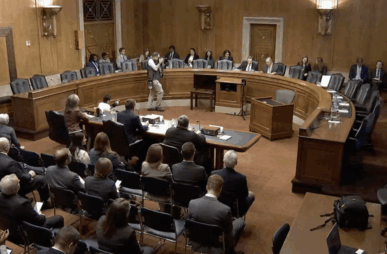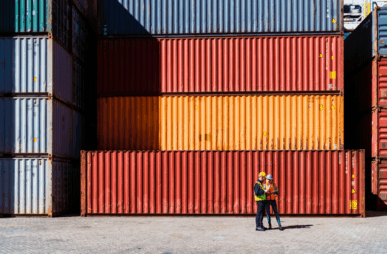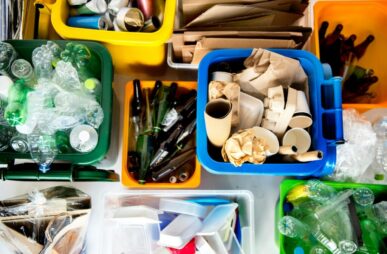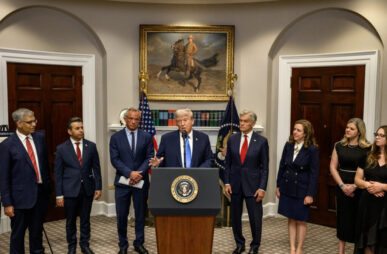Senate hearing exposes divide over chemical safety law
Industry leaders and Republicans in Congress again signaled their desire to hasten federal reviews of new chemicals at a Senate hearing, while an environmental health expert warned such changes will lead to more pollution and human health impacts.








